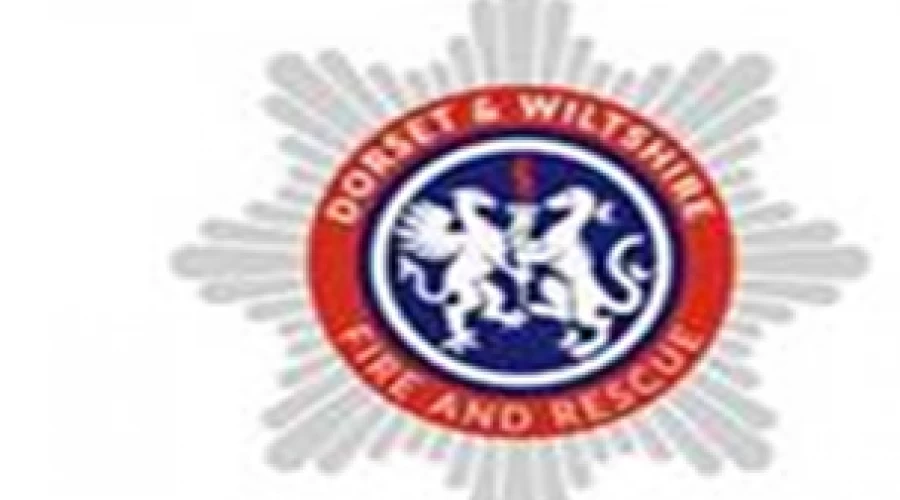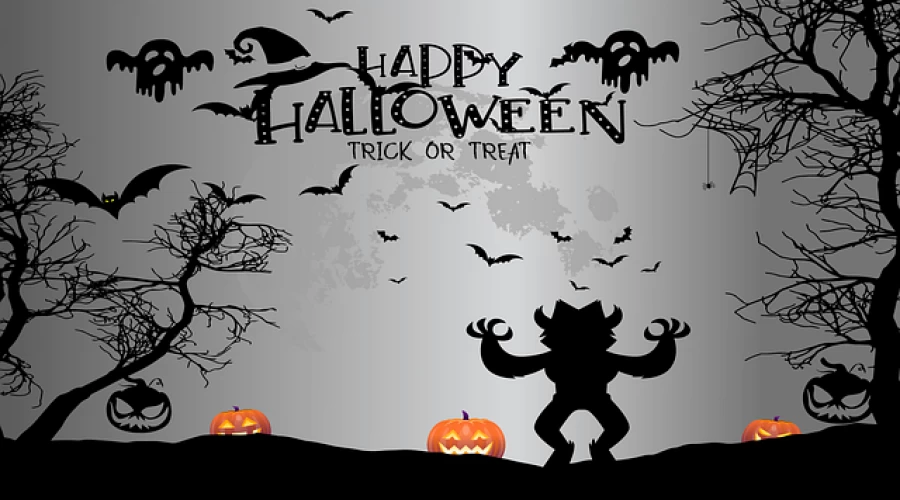Wildfires
- Risk Level: High
- Risk Ref. #: NRR42
- Likelihood/Impact: 2/3
- Download the Risk Register

Introduction
A Wildfire can be defined as:
"Any uncontrolled vegetation fire which requires a decision, or action, regarding suppression."
Vegetation describes areas such as heathland, forests, natural bog, moorland and grassland. Large fires involving agricultural crops can also be categorised as Wildfires.
Interesting fact
In summer 2022, Fire & Rescue Services in England dealt with nearly 25,000 Wildfires. This was almost four times the number recorded in 2021.
On the 19th July 2022, 800 Wildfires were recorded in England in a single day.
Local Risk Rating
Wildfires is assessed as Medium risk on our Preparing for an Emergency Booklet. Take a look at the table shown in What is Risk? to understand why.
- Impact: Moderate (3)
- Likelihood: Medium Low (2)
- Rating: Medium
History
Wildfires have occurred naturally for hundreds of millions of years. Before human intervention these happened naturally as a result of weather and natural events such as lightning strikes.
In modern times, humans are often the cause. Barbecues, irresponsible disposal of smoking materials and agricultural practices are often the cause.
Related News

Dorset & Wiltshire Fire and Rescue Service - Public consultation agreed on fire station closure proposals
2m read
Public consultation agreed on fire station closure proposals

Dorset & Wiltshire Fire and Rescue Service - Stay safe this Halloween
2m read
Dorset & Wiltshire Fire and Rescue Service - Stay safe this Halloween
What are we doing about it as an LRF?
Several LRF plans are applicable to Wildfires, including the multi-agency Severe Weather Plan. Partners also work closely with the Met Office who provide both weather forecasting and the detailed Fire Severity Index.
The Fire Severity Index (FSI), is an assessment of how severe a fire could become if one were to start. It is not an assessment of the risk of wildfires occurring. The FSI shows the current day's fire severity and a forecast of likely fire severity over the coming five days. The index values are from 1 to 5, which represents an increasing degree of fire severity as follows:
- FSI level 1 = low fire severity
- FSI level 2 = moderate fire severity
- FSI level 3 = high fire severity
- FSI level 4 = very high fire severity
- FSI level 5 = exceptional fire severity
What can you do?
Steps you can take to avoid starting a wildfire:
- Avoid having open fires or using barbecues in the countryside.
- Barbecues and campfires are banned in many country parks, campsites and open spaces. Make sure you check what is and isn’t allowed where you are and follow the rules.
- Extinguish smoking materials properly, and don’t throw cigarette ends on the ground or out of car windows – take your litter home.
- If you see a fire in the countryside, report it immediately to Dorset & Wiltshire Fire and Rescue Service. Early detection can prevent it from developing into a large wildfire incident.
- When calling the Fire & Rescue Service:
- Get to a safe place.
- Note the fire location (What3Words can help if you’re not sure).
- Call 999.
- Meet the Fire & Rescue Service at the entrance.
- Don’t attempt to tackle fires that can’t be put out with a bucket of water – leave the area as quickly as possible.
Advice for landowners
Landowners and land managers are advised, where possible, to be prepared for fires and ensure that fire breaks are cut and well maintained, with any cut grasses and vegetation removed from the site.
If you must have an open fire:
- Never use petrol, it can ignite quickly and soon get out of control. Only use approved lighting fuels.
- Make sure it is downwind and at least 10 metres away from any buildings or structures.
- Clear dry vegetation, such as leaves, to form a circle of earth around the fire.
- Never leave fires unattended and make sure they are fully extinguished after use.
- If you have to burn vegetation or have a bonfire, please advise Dorset & Wiltshire Fire Control by calling 0306 799 0019 first.
- During hot/dry weather, it is advised not to undertake controlled or prescribed burning unless you have the means to fully control it yourself. Ideally, do not conduct prescribed fire or swaling during any period of elevated wildfire risk.
Downloads
Wildfire Risk
Wildfire Risk


